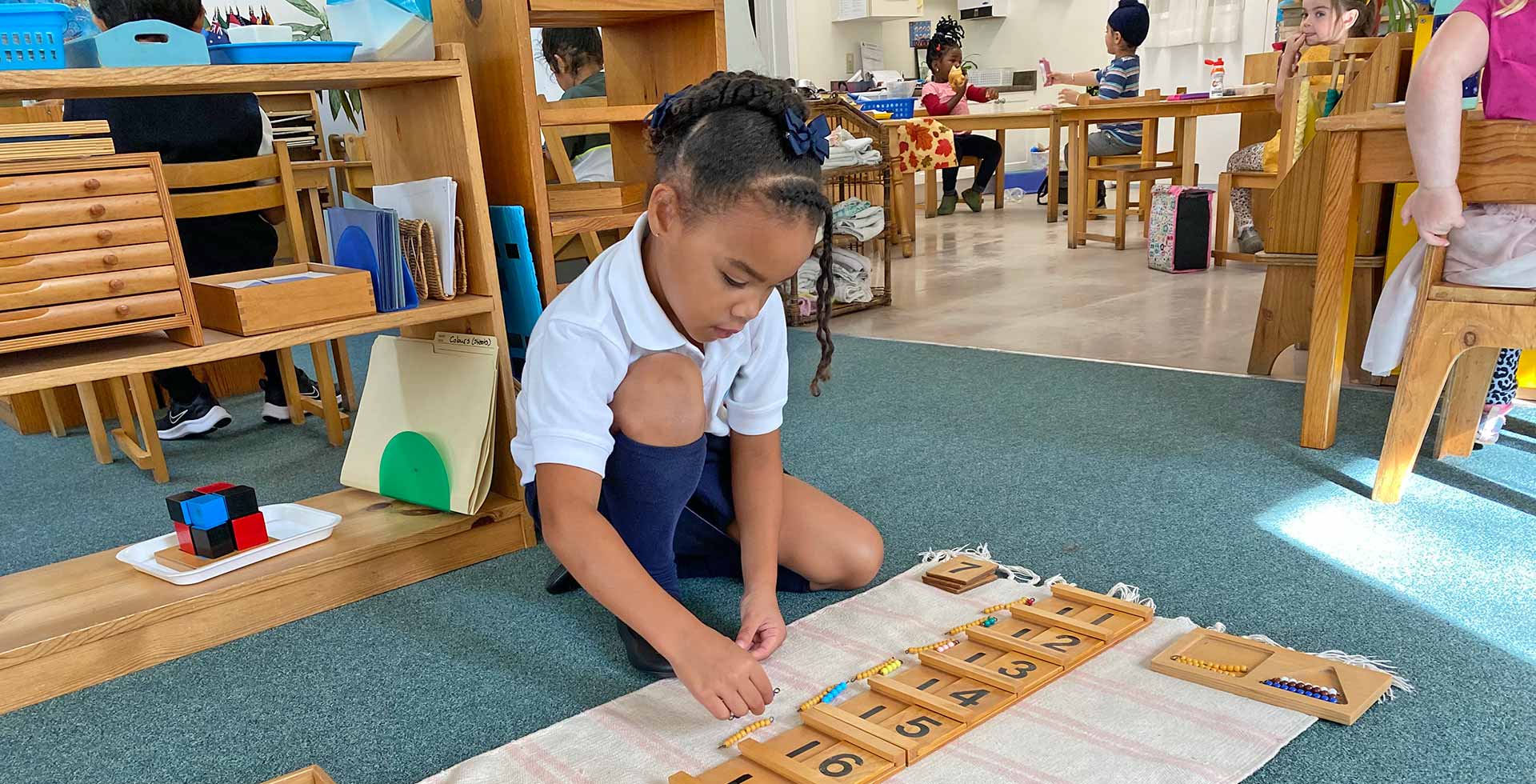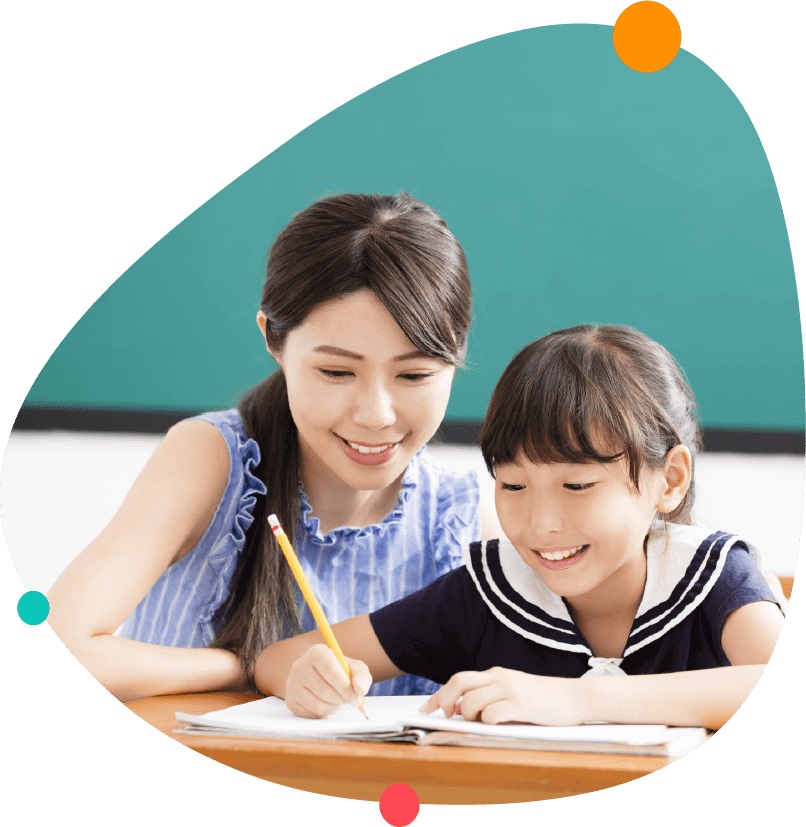Education is not limited to traditional classrooms. In recent years, educational games have gained popularity as important tools for teaching and engaging students, including babies and toddlers also they work with Junior Kindergarten in surrey. These interactive and fun games have many benefits beyond just entertainment.
educational games have changed the learning environment for kids and toddlers. Hence Combining learning and fun, these games provide collaboration, cognitive development, academic support, emotional growth, personal learning, and multidisciplinary and technological knowledge.
Here are the key factors:
1. Active Engagement and Motivation
Educational games captivate the attention of kindergarteners and toddlers through interactive and immersive experiences. Therefore These games are designed to be engaging and entertaining, making learning enjoyable and motivating for young learners. By integrating educational content within a game context, children are more likely to be actively involved, resulting in improved retention and comprehension of concepts.
2. Development of Cognitive Skills
Moreover, Educational games are specifically designed to target cognitive development in young children. Hence Through puzzles, problem-solving activities, memory games, and logical thinking challenges, these games help improve critical cognitive skills such as:
Memory retention and recall
Reasoning and logical thinking
Decision-making and problem-solving abilities
Attention span and concentration
Hand-eye coordination and fine motor skills
3. Reinforcement of Academic Concepts
Therefore Educational games offer an interactive platform for reinforcing academic concepts taught in kindergarten and toddler curricula. Hence These games provide a hands-on approach to learning, allowing children to practice and apply what they have learned in a fun and engaging manner. Whether it’s practicing counting, recognizing letters, or exploring basic math operations, educational games help solidify foundational academic skills.
4. Enhancement of Social and Emotional Skills
Many educational games incorporate elements of collaboration, cooperation, and social interaction, promoting the development of social and emotional skills in young learners. Therefore Through multiplayer games or activities that require teamwork, children learn to communicate effectively, share, take turns, and solve problems collectively. These games also foster emotional development by encouraging perseverance, resilience, and positive self-esteem as children overcome challenges and achieve goals.
5. Individualized Learning and Progress Tracking
Educational games often offer personalized learning experiences tailored to each child’s pace and abilities. Therefore They adapt to the individual needs of the learner, providing targeted challenges and adjusting difficulty levels accordingly. This personalized approach allows children to learn at their own pace, building confidence and ensuring optimal learning outcomes.
What are the impacts of educational games for kindergartens and toddlers:
1. Enhanced Learning Engagement
Educational games captivate the attention of kindergarteners and toddlers, sparking their interest in learning. Hence By presenting educational content in an interactive and playful format, these games promote active engagement, encouraging children to invest their attention and effort in the learning process. As a result, young learners become more motivated and enthusiastic about acquiring knowledge and skills.
2. Improved Retention and Comprehension
Moreover, Educational games utilize various strategies, such as repetition, reinforcement, and immediate feedback, to promote effective learning. By engaging in hands-on activities, solving puzzles, and completing challenges, kindergarteners and toddlers reinforce their understanding of academic concepts. Therefore These games enhance memory retention, comprehension, and the ability to apply knowledge in practical contexts.
3. Development of Critical Skills
Educational games target the development of critical skills that are essential for academic success and overall growth. Some of the key skills that are nurtured through these games include:
Problem-solving: Games often present challenges and puzzles that require children to think critically, analyze information, and devise strategies to find solutions.
Logical reasoning: Through logical thinking exercises and activities, educational games strengthen children’s ability to make connections, identify patterns, and think logically.
Creativity and imagination: Many educational games encourage children to think creatively, explore new ideas, and express themselves imaginatively.
Math and literacy skills: Games focused on numbers, letters, and language promote early math and literacy development, including counting, letter recognition, phonics, and vocabulary expansion.
4. Social and Emotional Development
Educational games often incorporate elements of collaboration, cooperation, and social interaction. Hence These games provide opportunities for kindergarteners and toddlers to work together, share ideas, and engage in cooperative play. As a result, they develop crucial social skills such as communication, teamwork, empathy, and problem-solving in a supportive and interactive environment. Additionally, educational games can help children build emotional resilience, perseverance, and self-confidence as they overcome challenges and achieve goals.
Final Thoughts:
Using educational games for babies and children can bring many benefits to their learning and development. These games provide an engaging and interactive experience that promotes learning and motivation. Moreover, Through learning games, students can improve their memory and understanding of academic content while developing important skills such as problem-solving, critical thinking, creativity, and fine motor skills.
The main aim is to provide a nurturing and stimulating environment where children can learn, play, and develop crucial skills needed for their future schooling and life well as they give you toddler montessori in surrey. Hence We are focused on holistic development, integrating cognitive, social, emotional, and physical activities into the daily routine.





